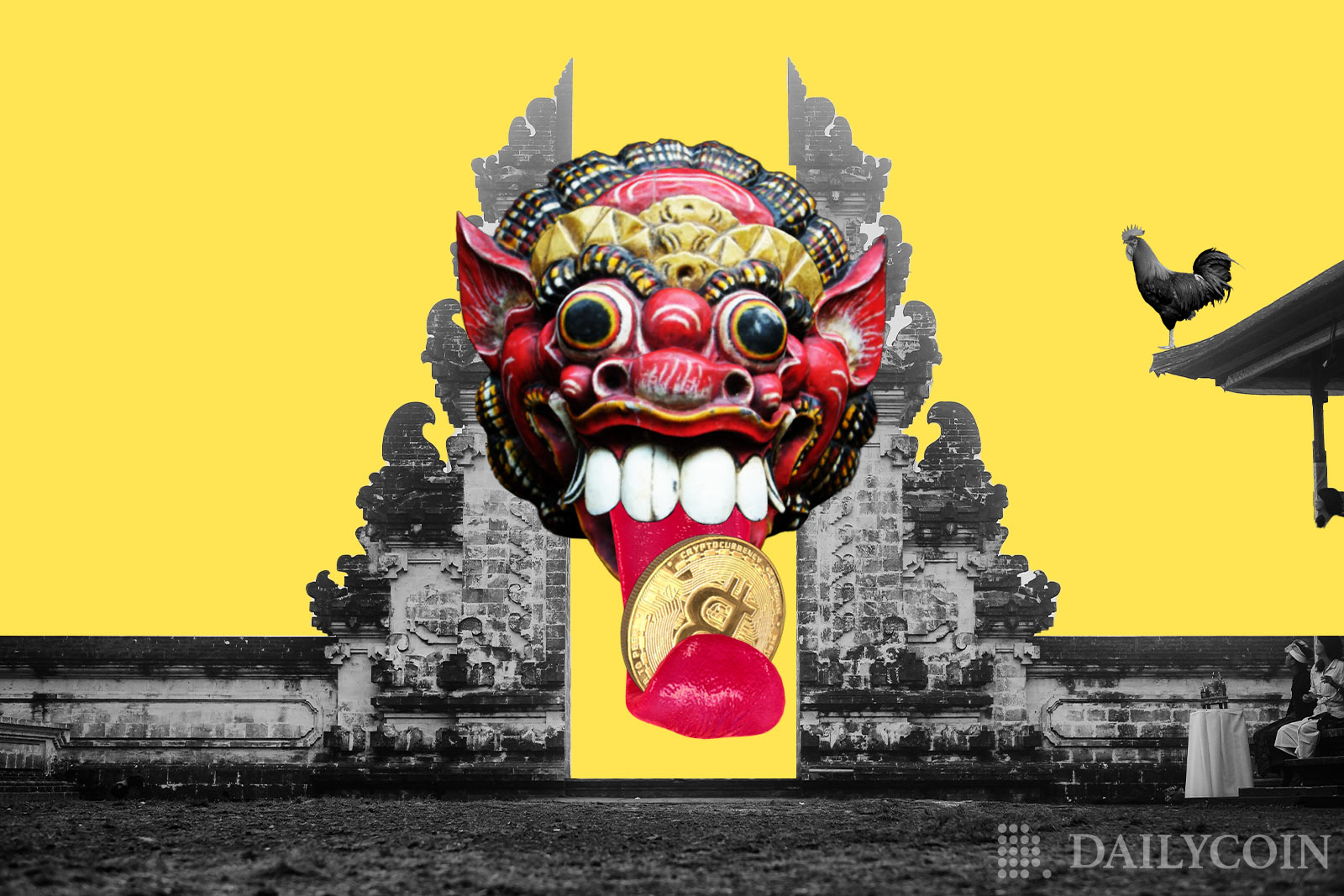
- Lisk collaborates with the Indonesian Ministry to foster the Web3 startup ecosystem.
- Offers Web3 technology education to bridge knowledge gaps for entrepreneurs.
- Provides initial grant funding and mentorship to startups in the digital program.
As nations globally race to position themselves within the burgeoning digital frontier, the adoption and integration of Web3 technologies have become a pivotal focus. Amidst this global wave, Indonesia emerges as a proactive participant, aiming to carve its niche within the Web3 space.
Most recently, Indonesian authorities have partnered with Lisk, a Layer 2 platform built on the OP Stack, in its “1000 Startup Digital Program” to boost innovation in the country.
Indonesia’s Strategic Leap into Web3 with Lisk’s Partnership
Indonesia, through the Directorate General of Informatics Applications of the Ministry of Communications & Informatics Technology (DGIA MCIT), announced a landmark partnership with Lisk on Tuesday, 27 February. This collaboration marks a cornerstone in Indonesia’s digital strategy, explicitly targeting its Web3 startup ecosystem.
Sponsored
The partnership uniquely positions Lisk as a catalyst for the growth and innovation of Indonesia’s digital landscape. By offering its developer platform, comprehensive mentorship, and initial grant funding, Lisk empowers Web3 startups participating in the “1000 Startup Digital Program.”
For Indonesia, this initiative accelerates the development of a native blockchain startup scene. It also showcases how countries are discovering the potential of blockchain tech to empower entrepreneurs on a global scale.
Indonesia’s Bid to Boost Crypto Token Exports
Indonesia’s regulatory landscape around cryptocurrency and fintech has undergone significant changes that could reshape how digital assets operate within the country. For one, the country is launching its own crypto exchange, aiming to strengthen regulatory oversight of crypto trading. Moreover, Indonesia is introducing new measures to protect crypto investors.
Sponsored
These changes highlight the country’s major ambitions for its local crypto tokens, seeing them as a potential boost to its economy, similar to major export commodities like palm oil or coal.
The administration is keen on regulating the crypto industry while encouraging the growth of the local token economy. This way, the country hopes to benefit from local digital assets that reach global trading platforms.
On the Flipside
- Despite its recent pivot to Web3, Indonesia has been taking steps to restrict crypto exchanges to protect investors.
- Indonesia is just one of many countries that is aiming to benefit from the emerging Web3 industry. Notable competitors include the United Arab Emirates, El Salvador, etc.
Why This Matters
By embracing Web3 technologies, Indonesia aims to enhance its competitive edge on the global stage. Moreover, the partnership also highlights its focus on Web3 as an area of transformative potential in the future of tech.
Read more about Indonesia’s latest initiatives in crypto:
Indonesia Launches National Crypto Bourse to Strengthen Investor Protection
Read more about crypto influencer Bitboy’s wild year:
BitBoy Fight Victory a Bright Spot in a Rollercoaster Year
